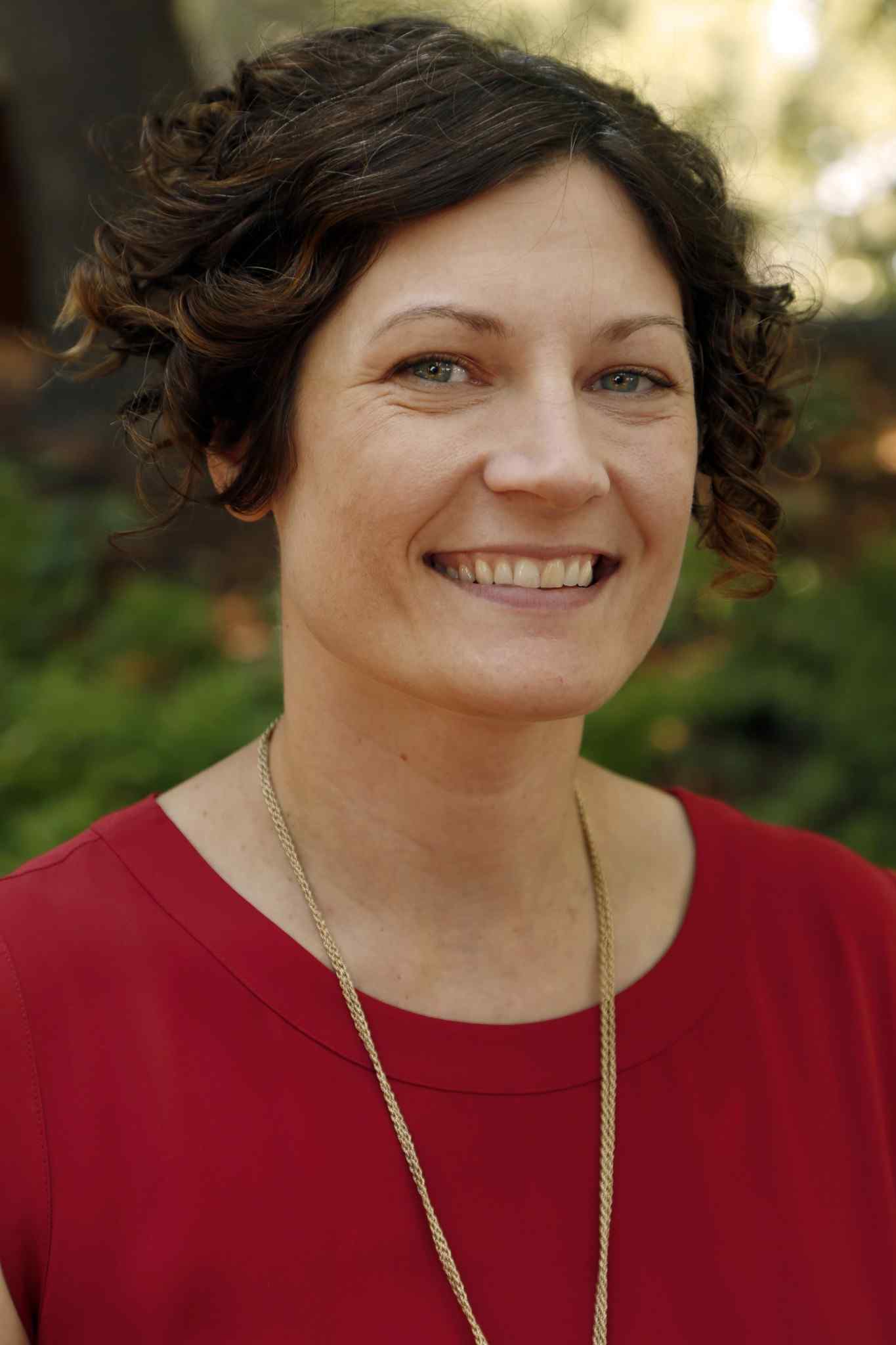Jennifer Wanat

Education
- 2007, Cornell University, Ph.D. Genetics, minors in Molecular Biology & Biochemistry
- 2001, University of Rhode Island, B.S. Microbiology, minor in Chemistry
Research Spotlight
Apply for a Toll Summer Research Fellowship in my lab: Download Application
Research
My research is currently focused on the molecular basis of aging.
I study how telomeres, the specialized structures at the ends of linear chromosomes, affect meiotic chromosome segregation and cellular senescence. Meiosis is a specialized type of cell division that is a part of sexual reproduction and cellular senescence is a process that prevents a cell from reproducing after it has become too old.
In humans, telomere shortening often accompanies aging, and there is increasing evidence that this shortening impairs tissue function, signals cellular senescence, and may contribute to age-related diseases. It is not well understood how cells signal the presence of a shortened telomere (and senescence), but I am interested in the possibility that non-coding RNA molecules play a role in that signaling. Telomeres also play critical roles in the proper segregation of chromosomes in meiotic cells. In humans, chromosome mis-segregation events during meiosis dramatically increase as we age. And in fact, chromosome mis-segregation is the leading cause of pregnancy loss and genetic disorders in later-life pregnancies. It is possible that non-coding RNAs may play an important role in the aging of meiotic cells as well.
Since both telomere biology and meiotic chromosome segregation are well conserved from yeast to humans, I primarily use the model organism Saccharomyces cerevisiae (baker’s yeast) for this research.
Teaching
|
Biotechnology and Molecular Biology with lab (BIO 314*) |
|
Current Topics In Biology: From Germs to GMOs (BIO 100) |
| Genetics with lab (BIO 209*) |
|
Introductory Biology lecture (BIO 111) |
|
Special Topics in Biology: Cellular Aging with lab (BIO 394) |
*Note: the course number for Genetics has changed from 305 to 209 and the course number for Biotechnology has changed from 207 to 314.
Professional Experience
- 2015 - 2017, Visiting Assistant Professor of Biology, Dickinson College
- 2008 - 2014, Postdoctoral Researcher, University of Pennsylvania